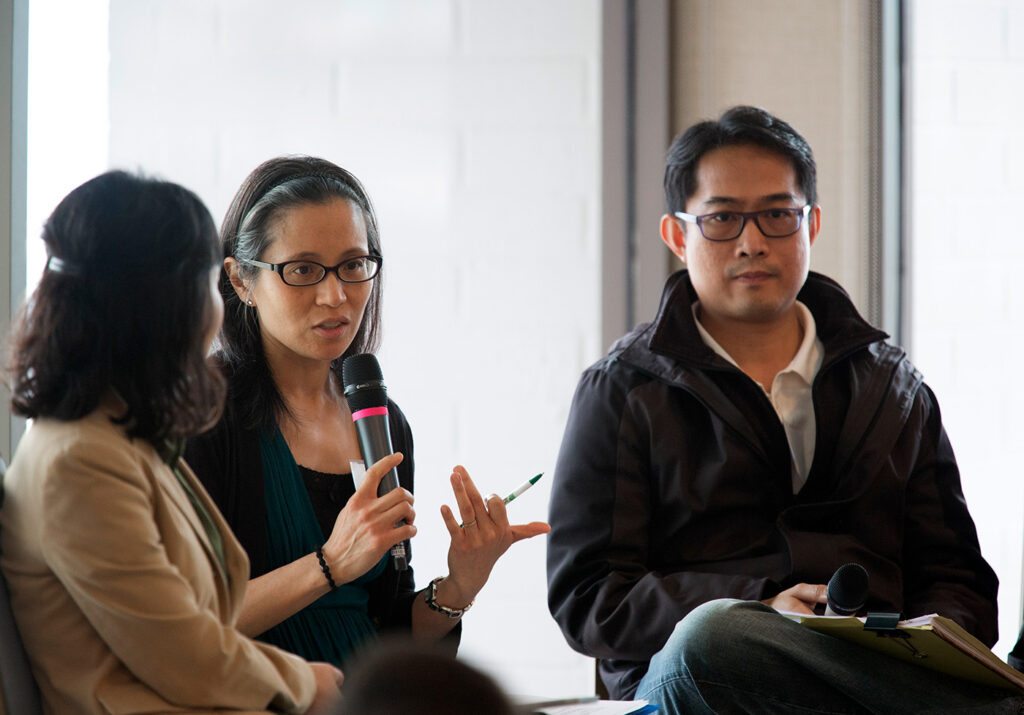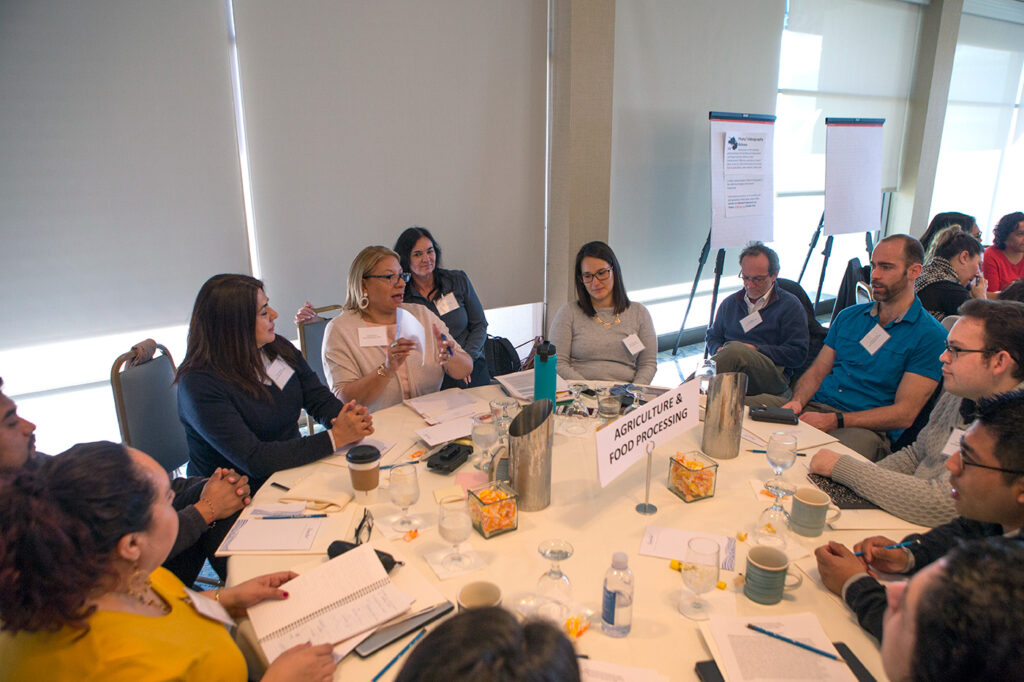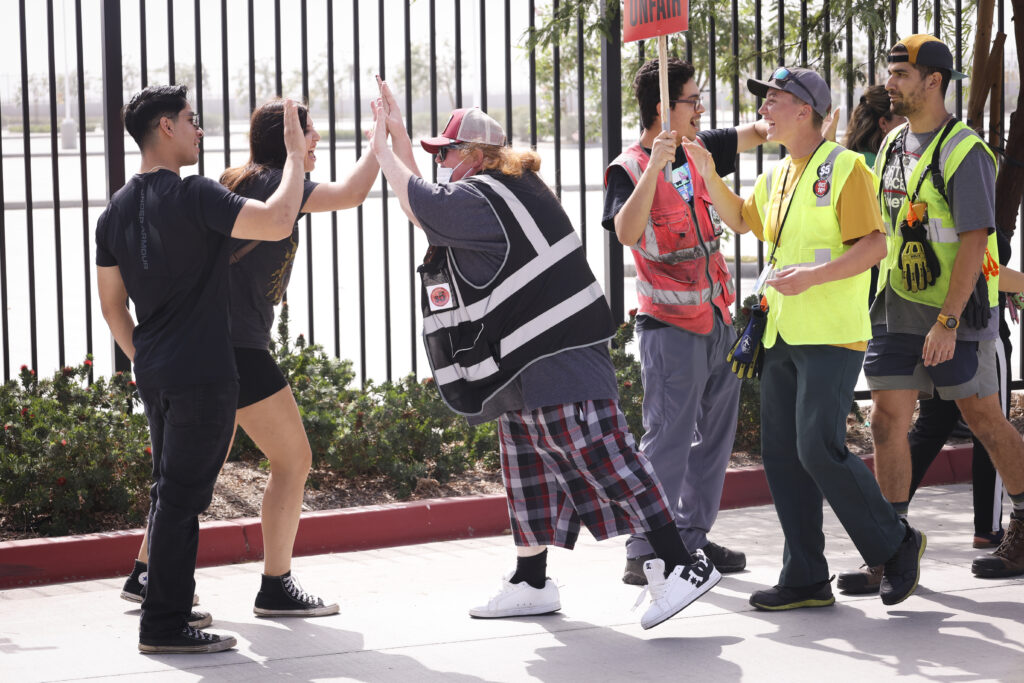2 Minute Read
Local and state governments in California are experimenting with new approaches to combating wage theft, often through partnerships with community organizations, workers, or, in some cases, business groups.
Agencies in San Francisco, Los Angeles, Santa Clara and Ventura counties have piloted such collaborative approaches to wage theft enforcement. At the state level, the labor commissioner has collaborated with National Employment Law Project, along with workers’ rights and legal advocacy organizations, in the California Strategic Enforcement Partnership.
These approaches are part of a movement in government to update labor enforcement practices in a more strategic way to create industry-wide change and better use limited government resources to deter labor abuses before they begin.



Promising Approaches to Enforcement
Through these partnerships, the Labor Commissioner’s Office identifies high-impact cases that are most likely to influence industry practice.
“The government can subpoena, they can seize records, they can issue citations. Worker organizations bring knowledge and relationships. Together, enforcement can be much more strategic,” said Alexandra Suh of Koreatown Immigrant Workers Alliance.
The model also builds leadership and impact beyond the Labor Commissioner’s Office, while
supporting workers who come forward with wage theft claims. Workers themselves are the most effective advocates for better working conditions and standards in their industries.
Money, said Andrea Gonzalez, who organizes car wash workers with the CLEAN Carwash Worker Center, “comes and goes,” but understanding your rights under the law and how to exercise them is, she said, “something that’s forever.”
Workers Stepping Up to Control Their Futures
In California’s Inland Empire, warehouse workers usually start at minimum wage or close to it, and it can take years to move up to a living wage. In their work moving and sorting boxes for large retailers like Amazon and Walmart, they experience not only high rates of wage theft in missed breaks and overtime pay, but also discrimination, sexual harassment, and risks to their health and safety.
Over the past 10 years, warehouse workers in the Inland Empire have come together to improve conditions at large employers in the region. Their organizing has resulted in not only the return of millions of dollars in lost wages, but also better working conditions. And, critically, these wins have shown workers that they can fight back and be effective in securing change.
Sara Fee works unloading trailers at an Amazon facility in the Inland Empire, where she and her colleagues suffer from heat illness and high rates of on-the-job injury. Fee said many of her colleagues are struggling to be “able to buy food or pay rent or their electric bills.”

that they can fight back and be effective in changing workplace conditions. || Photo: Carlos Puma for Warehouse Worker
Resource Center
Fee and her co-workers formed Inland Empire Amazon Workers United. Fee said the group’s collective actions have already won more access to water and fans, and acknowledgment from managers that “we have the right to take heat breaks to prevent our bodies from overheating.”
But Fee and her co-workers have also suffered from retaliation by the same managers, who have targeted workers standing up for their rights with harassment, isolation and threats of disciplinary action. In fact, Fee was suspended this year in what workers called an act of retaliation.
Despite the challenges of retaliation, Fee says the campaign has helped build support for their movement by showing the power of collective action, including winning her reinstatement. The organizing, she says, has taught her: “Fight for your health. Fight for safety. Fight for a living wage, and don’t give up.”